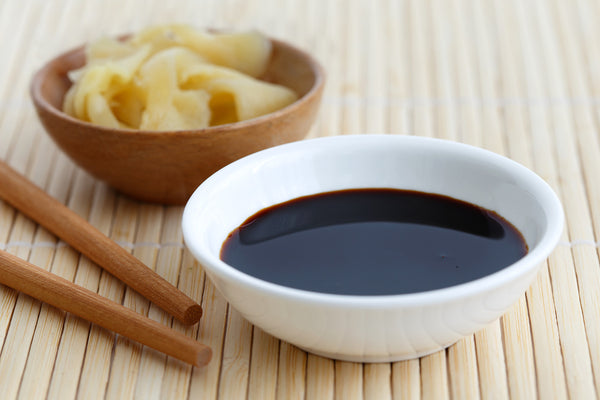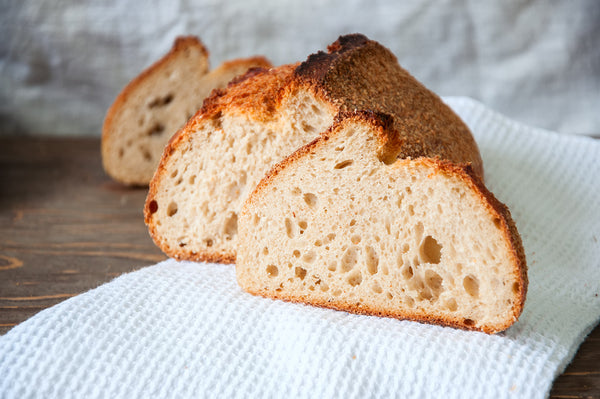As a vegan, you're probably in the habit of reading ingredient lists carefully. Most of the time, it's pretty easy to tell whether a food contains any animal products or not, but some ingredients can seem a bit more ambiguous. Lactic acid is one of those ingredients that can cause confusion. Is lactic acid vegan, or not?
The term "lactic acid" itself is the root of the confusion here. The prefix "lac" means milk, and this leads many people to believe that lactic acid is derived from milk. However, this is a misconception.
Lactic acid is typically derived from vegetable sources, so if your favorite foods contain this ingredient, don't panic - they're most likely vegan. Keep reading to learn more about lactic acid and how it fits into a vegan diet.
What Is Lactic Acid?
Lactic acid is an acid that naturally forms when foods ferment. Pickled vegetables like sauerkraut, for instance, get their tangy taste from lactic acid. Lactic acid can also be found in sourdough bread, fermented soy products, beer, and wine.
Some food companies even use lactic acid as an additive to improve the flavor and freshness of their products.
Lactic acid is also found in fermented milk products. Kefir, yogurt, and cheese all contain lactic acid. But since you don't eat dairy products as a vegan anyways, you don't need to worry about the lactic acid in these foods.

Where did the Name "Lactic Acid" Come From?
Even if lactic acid doesn't come from an animal source, the name still sounds suspiciously like it's related to milk. So where did lactic acid get its name?
The name "lactic acid" doesn't have anything to do with where this acid comes from - it has to do with how it was discovered. In the 18th century, a Swedish chemist named Carl Scheele discovered lactic acid in sour milk.
That particular lactic acid was formed by the breakdown of the sugars in the milk. But there's nothing special about milk sugars - lactic acid shows up in plenty of other foods that contain carbohydrates, many of which are vegan.
Is Lactic Acid Vegan?
Here's where the question of vegan lactic acid gets a little tricky. We've seen that lactic acid can come from both milk and vegetable products. So how do you know where the lactic acid in your food came from?
If you live in the U.S., there's probably no need to worry. Most domestically-produced lactic acid is derived from vegetable sources, which makes most lactic acid in food vegan. Cornstarch and beet sugar are two of the most commonly used bases for producing lactic acid.

However, if you live outside the U.S., or if you eat imported food, there's a chance that your lactic acid may not come from a vegan source. If you're not sure, you can try contacting the company in question and asking where they source their lactic acid. You still probably don't need to worry, though.
The vast majority of lactic acid worldwide is made from vegetable products, not animal products. This is because vegetable products like sugar are much cheaper than animal-derived products, and they're less prone to spoiling during the fermentation process.
Something Else to Avoid?
Lactic acid is safe for vegans to eat, but a similarly-named substance, lactose, is not. Lactose is a naturally-occurring sugar found in milk. It isn't found anywhere except dairy, so if lactose is on a product's list of ingredients, you can be sure it isn't vegan.
The Takeaway
If you've found yourself asking, "Is lactic acid vegan?" in the past, wonder no more. The answer is almost certainly yes, especially if you're in the United States. While lactic acid can occur in dairy products, hardly any companies use dairy to produce their lactic acid.
Instead, it is produced mainly from corn and sugar, which makes lactic acid vegan. If you're living a lifestyle powered by plants, you don't have to avoid eating lactic acid - it's animal-friendly, and it tastes great.


